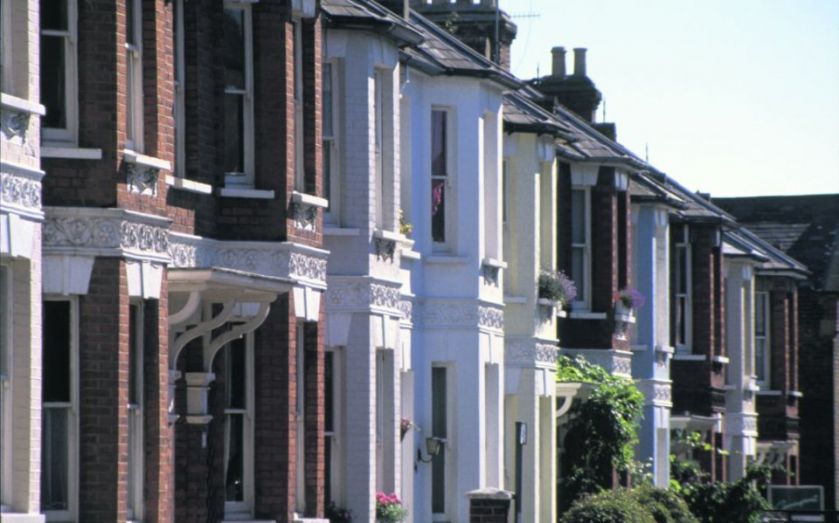| Updated:
Autumn Statement 2014: The big stamp duty shake-up

Stamp duty will be cut for millions of house buyers but hiked on the most expensive properties as part of a radical shake-up of the system announced by George Osborne.
The chancellor claimed some 98 per cent of buyers will see a cut in their stamp duty bill as a result of the move, seen as a direct challenge to Labour’s mansion tax proposals.
However London will still pay a bigger share, with 91 per cent who pay stamp duty saving money and the rest paying more.
Under the new rules, the “slab” structure – where the amount owed on property jumps at each threshold level – will be scrapped and replaced with a more progressive system similar to income tax.
The changes, which came into effect today, mean those buying homes worth up to £937,500 will pay less stamp duty, with those buying over that threshold paying more.
According to Savills 17,000 sales a year over the £937,500 mark.
For a typical £275,000 property in the UK the bill will fall by £4,500 — from £8,250 to £3,750. But for a £1m home it will rise from £40,000 to £43,750. For £5m house will leap from £350,000 to £514,000.
“Removing the slab structure of the current form of stamp duty will remove distortions in the market,” Knight Frank’s global head of research Liam Bailey said.
However, he warned that the new higher rates of stamp duty at the top of the market could reduce sales volumes and cost the government more than it has forecast.
The government is expecting to take a £400m hit to its stamp duty receipts this year as a result of the measure. This will almost double to £760m next year and £840m in 2016-17. Last year it collected £6.4bn in stamp duty on house sales.
The OBR’s economic and fiscal outlook report predicts a 1.1 per cent rise in transactions at the lower end of the market and said this will more than offset the “small number” of homes for which stamp duty will be more costly.
Osborne also announced a further clamp down on homes wrapped in corporate envelopes to avoid stamp duty. The annual tax on enveloped properties (Ated) will be increased by 50 per cent above inflation on properties worth over £2m.